What We Expect to See in the Interior Design Industry Within the Metaverse

If you had a time machine and traveled back to 1983, you might have heard the following thrown around at every public gathering you can think of: “What on earth is the internet?”
To these folks living in the simple age, it was very new, very hard to understand, and the entire concept was deemed utterly hopeless by most when it came to what was in store for our future.
Honestly, we don’t blame them, considering two decades prior, The Jetsons were setting an example for our future based on a prediction of flying cars (only 40 more years until this happens, sit tight).
But just like the internet was a mystery in the eighties, the Metaverse is in a similar position today. Although the concept is still being developed, major tech companies like Facebook and Microsoft are throwing themselves into the Metaverse and vouching for the idea.
Today, let’s touch on precisely what the Metaverse is and how we feel the interior design industry will thrive within new virtual worlds.
What Is the Metaverse?

Metaverse, which gets its strange name from a 1992 sci-fi novel “Snowcrash,” speculating the digital world in the future, is a communal 3D virtual space that allows people to live in unique and different environments through the use of digital identities commonly known as “Avatars.”
This virtual world has already allowed gamers to socialize and play together from all corners of the earth. However, most haven’t considered the mass benefits it brings to the building and design industry.
The Metaverse allows mass collaboration for architects, real estate developers, and interior designers by enabling them to come together and showcase their spaces and ideas without physical borders keeping them apart. Augmented reality (AR) and virtual reality (VR) will allow anybody from anywhere to visit environments similar to the real world through basic online simulations, without restrictions.
View the Metaverse as an enhanced, 3D version of the internet we use today. It should not be seen as a silly world with little characters running through it (that’s Minecraft) but more as a virtual world for those to come together to collaborate further.
How Does This Relate to Interior Design?

Well, since the Metaverse is still a concept idea in development, we cannot entirely know what will exist. But here’s what we think:
The Metaverse Will Allow Those Within the Industry to Collaborate Without Borders
As we mentioned, this is the core motivation for most of the Metaverse. Although it may feel like technology is tearing us apart, we feel like this could bring a lot of us in the creative industries together.
Interior designers and architects can work with other professionals (or clients) to whom they would usually have to take a lengthy and expensive trip to be physically present in person.
Projects will be integrated into physical locations within the Metaverse, and designers and architects can visit each other’s space and provide feedback on projects in a much more immersive environment, all from the comfort of their home office.
Work With Cryptocurrencies to Allow Easy International Payment Options
As the Metaverse is built on Blockchain, the same technology that Cryptocurrency was built from the ground on, we hope to see Cryptocurrency payment options become available for clients who use interior designers or architects through the Metaverse to design their homes.
This will remove intermediaries, like banks or other financial tech companies, from business to client transactions, allowing a more seamless international bank transfer process. Not only will this save time waiting for transfers to clear, but providing access to cryptocurrency payment options will also cut out any international transaction fees that start to add up when sending money overseas.
Change the Concept of In-Person Design Services
We feel that the Metaverse will be implemented in more physical architectural and interior design offices as the graphics and technology continue to improve throughout its development.
It is possible the concept of an in-person office may fade, as we see everything can be completed remotely, as most Americans are choosing a more remote way of life.
So What’s In It for the Customer?
The home design process will become a much more affordable experience due to fewer in-person call-outs, totaling gas, or accommodation costs.
We will expect to see faster response times during the collaboration of projects, as progress is reviewed timely and efficiently through one quick click.
And with the rapid advancements of artificial intelligence (AI), interior designers will easily recognize each user’s style, preferences, or passions, making each experience unique and custom-built for every client. You can keep up with the ways augmented reality shapes the design world as we know it here.
All in all, we feel the Metaverse will allow a variety of choices. No matter where you are in the world, you can pick the perfect designer, even if they are 17,000 miles away—allowing you endless opportunities to style and create the ideal home.
Keep up with technological progress within the interior design industry here at DecorMatters.
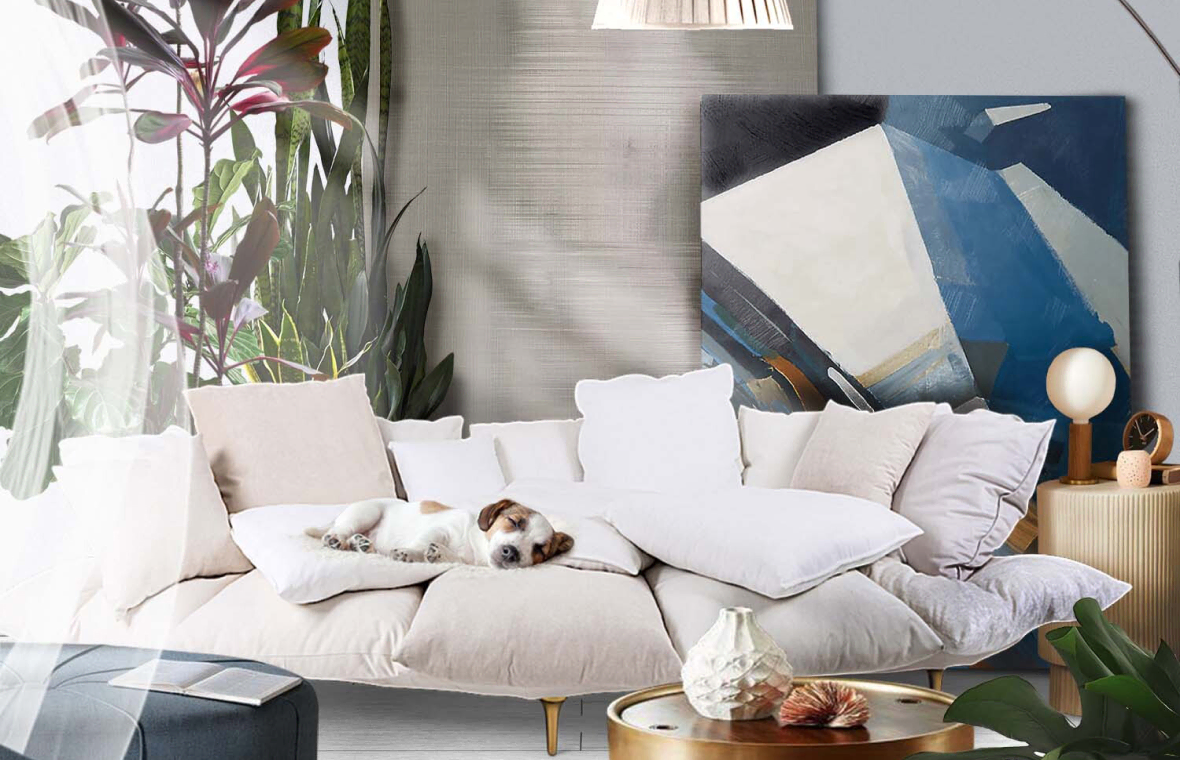
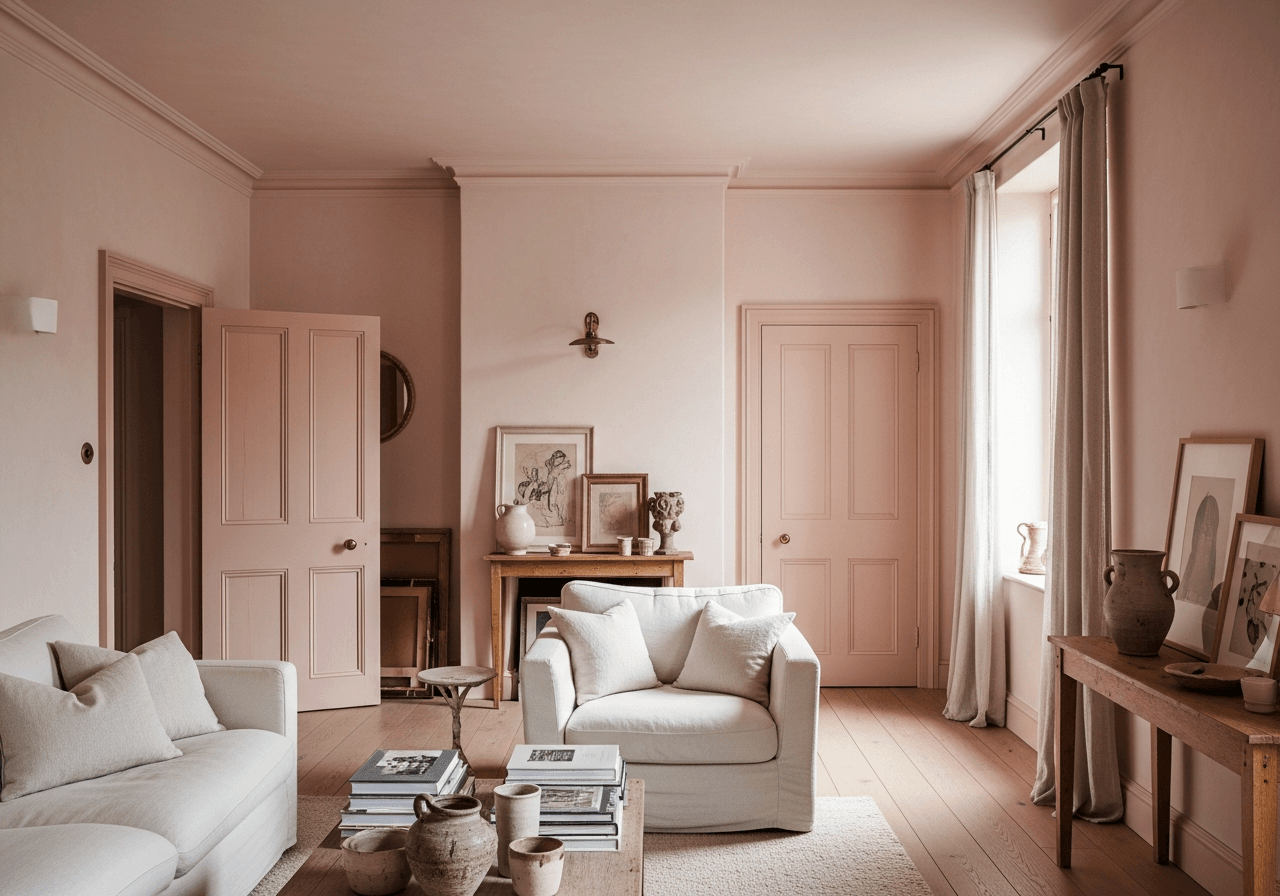
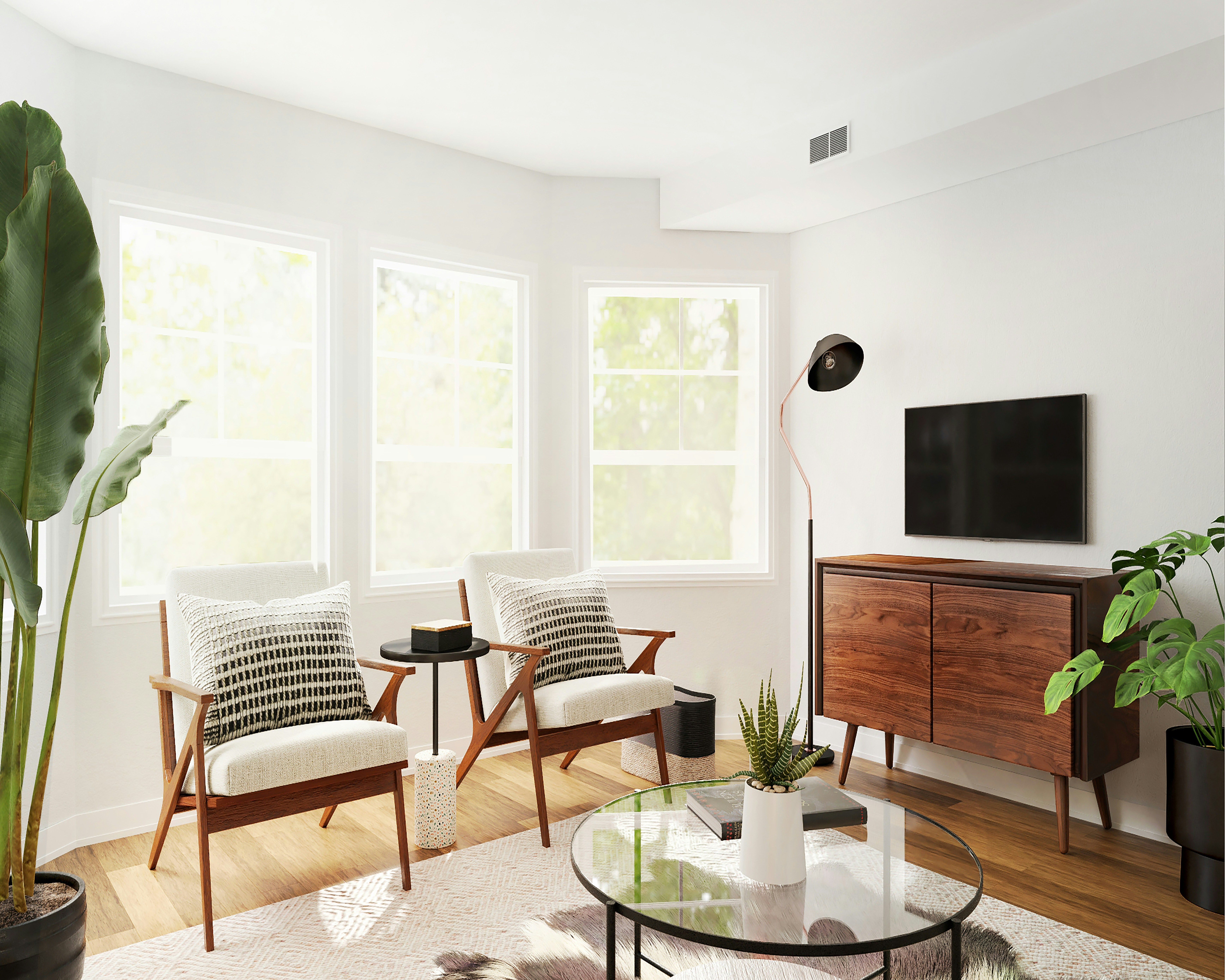

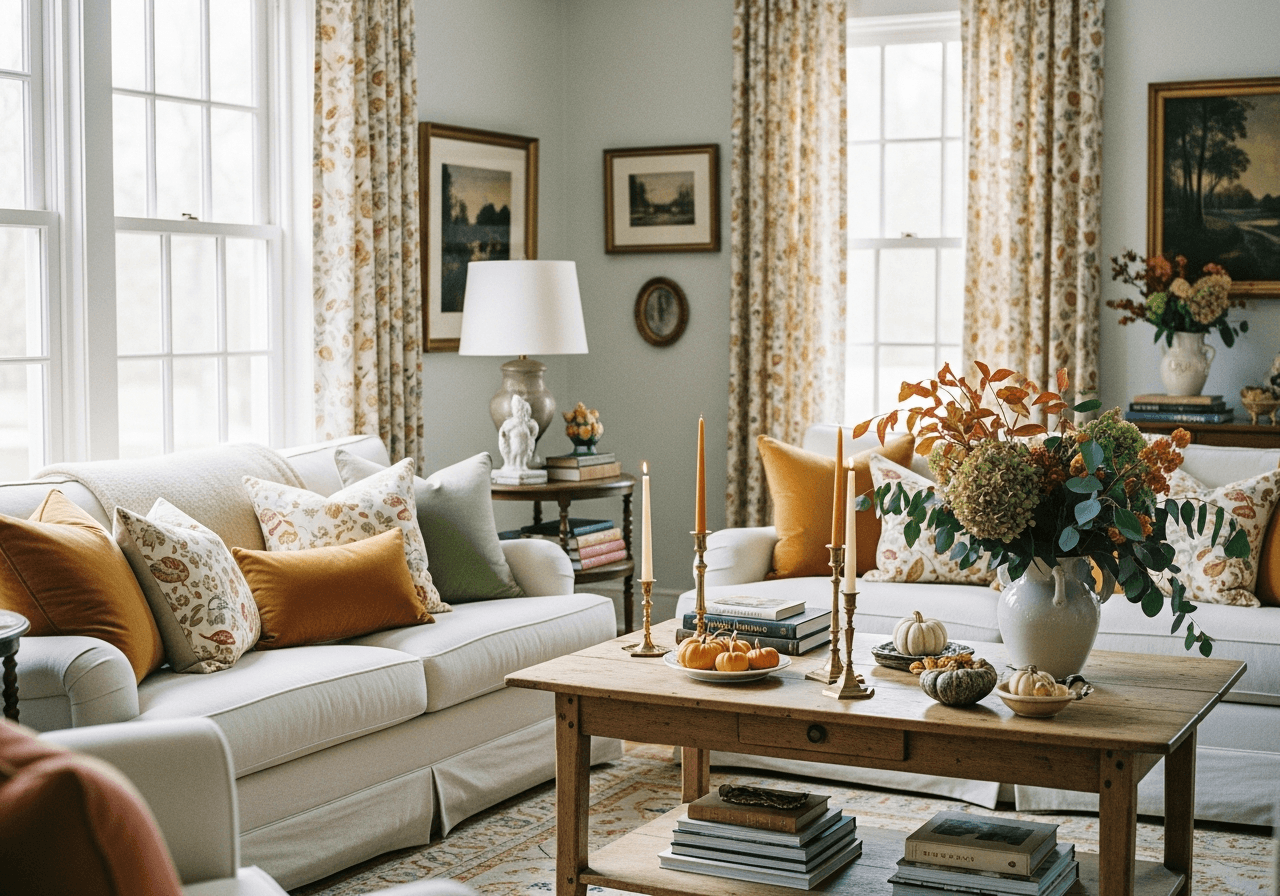
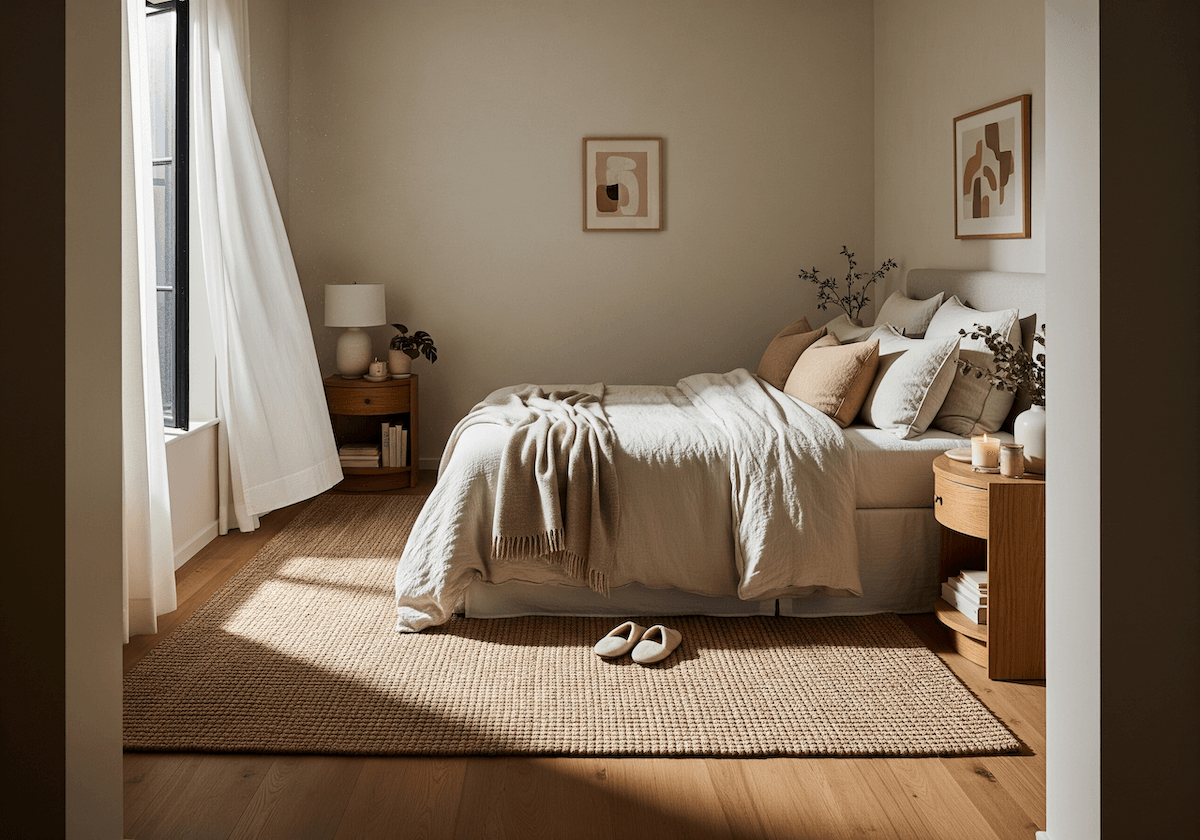
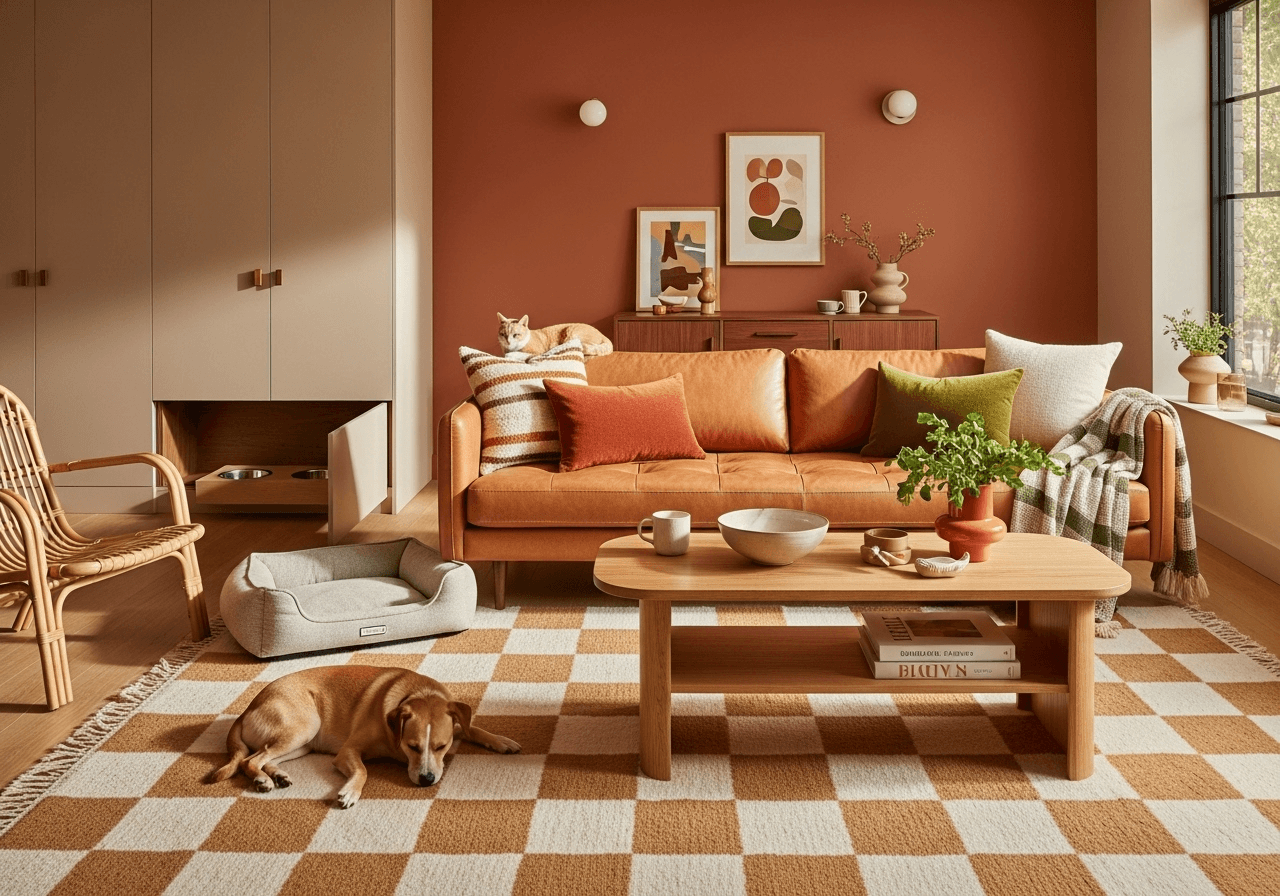


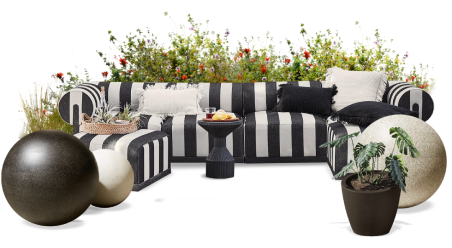
 19h left
19h left





